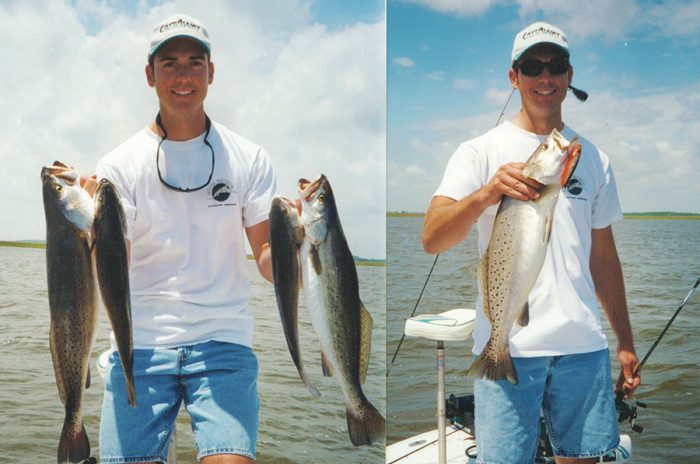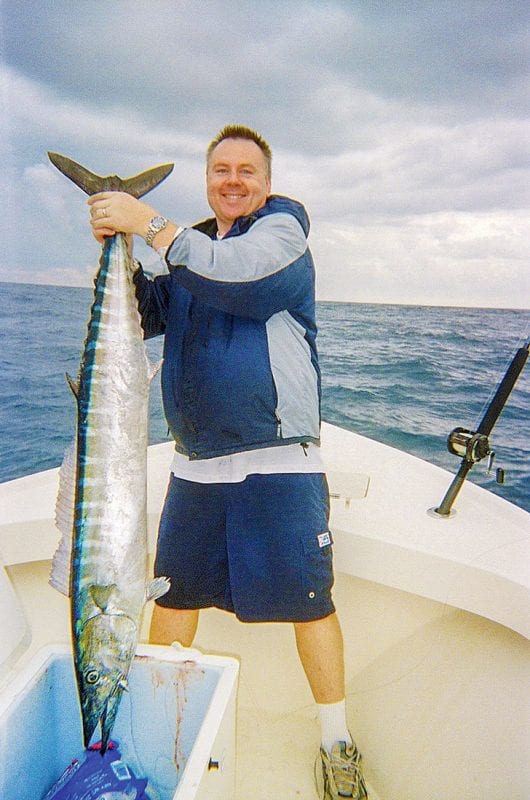Introduction
Welcome to Top Angler Magazine's comprehensive gear review on finding the perfect fishing rod for every style! As avid anglers ourselves, we understand the importance of having the right equipment to match your fishing techniques and preferences. In this article, we will dive deep into the world of fishing rods, exploring various styles and providing expert advice to help you make an informed decision. Whether you're a seasoned angler or just starting out, our guide will equip you with everything you need to know about selecting the ideal fishing rod.
Gear Review: Finding the Perfect Fishing Rod for Every Style
Fishing rods come in a wide range of styles, each designed to cater to specific angling techniques and preferences. By understanding your own fishing style and considering factors such as rod length, power, action, and material, you can find a fishing rod that perfectly suits your needs. Let's explore some popular fishing styles and the corresponding types of rods that excel in each.
1. Freshwater Spinning Rods
Freshwater spinning rods are versatile tools that work well for various freshwater species. These rods typically have a medium power rating and moderate action, allowing for accurate casts and effective hook sets. When choosing a freshwater spinning rod, consider the length based on your target species and the type of water you'll be fishing in.
2. Saltwater Casting Rods
Saltwater casting rods are built to withstand the harsh conditions of saltwater environments while Fishing News providing excellent casting distance and power. Look for a saltwater casting rod with a heavy power rating and fast action to handle big game fish like tarpon or marlin.
3. Fly Fishing Rods
Fly fishing requires specialized equipment, including fly rods that are designed to cast lightweight flies with precision. These rods are typically long (around 8-9 feet) and have a slow to medium action to allow for delicate presentations. When selecting a fly fishing rod, consider the weight rating that corresponds to the size of flies and fish you'll be targeting.
4. Ice Fishing Rods
Ice fishing rods are specifically designed for angling through a hole in the ice. These rods are typically short and lightweight, allowing for easy maneuverability in cramped spaces. Look for an ice fishing rod with a sensitive tip and a solid backbone to detect subtle bites and handle larger fish.
5. Spinning vs. Baitcasting Rods
Spinning rods and baitcasting rods are two popular options for freshwater fishing. Spinning rods are beginner-friendly, offering easy casting and versatility, while baitcasting rods provide greater accuracy and control for experienced anglers. Consider your skill level and fishing goals when choosing between these two types of rods.
FAQs
1. What is the difference between rod power and action? Rod power refers to the amount of force required to bend the rod, while action refers to where along the length of the rod the bending occurs. Understanding these terms will help you choose a rod that matches your fishing style and target species.
2. How do I determine the appropriate length for my fishing rod? The length of your fishing rod depends on various factors such as the type of fishing you'll be doing, the size of your target species, and the environment you'll be fishing in. Longer rods generally offer greater casting distance, while shorter rods provide better control in tight spaces.

3. Which material is best for fishing rods? Fishing rods can be made from various materials such as fiberglass, graphite, or a combination of both (composite). Graphite rods are lighter and more sensitive, making them ideal for techniques that require finesse, while fiberglass rods offer durability and strength for heavy-duty applications.
4. Can I use a freshwater rod for saltwater fishing? While freshwater rods can handle some light saltwater fishing, it's generally recommended to use a rod specifically designed for saltwater environments. Saltwater rods are built with corrosion-resistant materials and stronger components to withstand the harsh conditions.
5. What is the importance of matching my rod to my reel? Matching your rod and reel is essential for achieving optimal performance and balance. Consider factors such as the size and weight rating of your reel, as well as its compatibility with your chosen fishing rod.
6. How do I maintain and care for my fishing rod? Proper maintenance and care will extend the lifespan of your fishing rod. After each use, rinse your rod with freshwater to remove any salt or debris. Store it in a protective case or sleeve to prevent damage, and periodically check for any signs of wear or damage to the guides and reel seat.

Conclusion
Finding the perfect fishing rod for every style is a journey that requires careful consideration of various factors. By understanding your own angling techniques, preferences, and target species, you can select a fishing rod that enhances your overall fishing experience. Remember to choose the appropriate length, power, action, and material that aligns with your specific needs. With the right gear in hand, you'll be well-equipped to tackle any angling adventure that comes your way. Happy fishing!